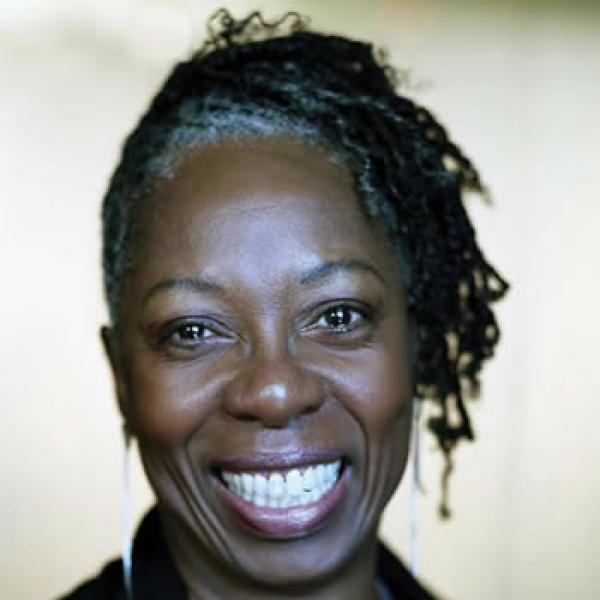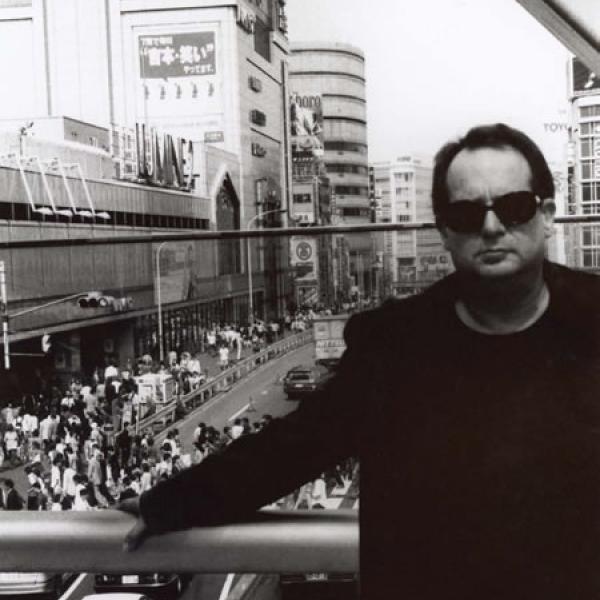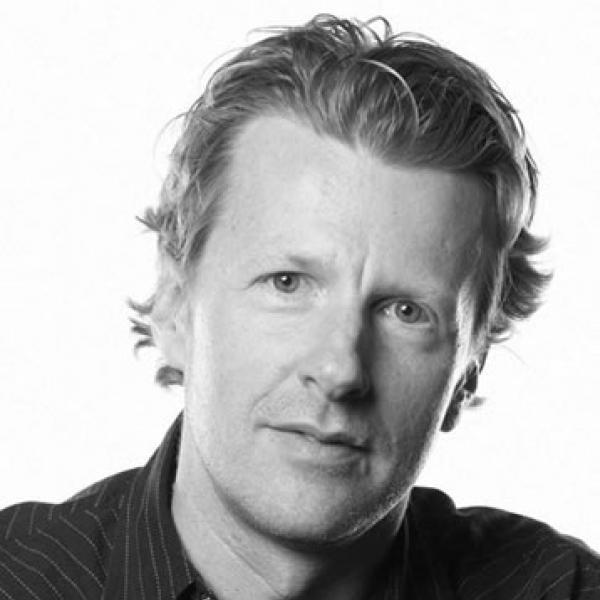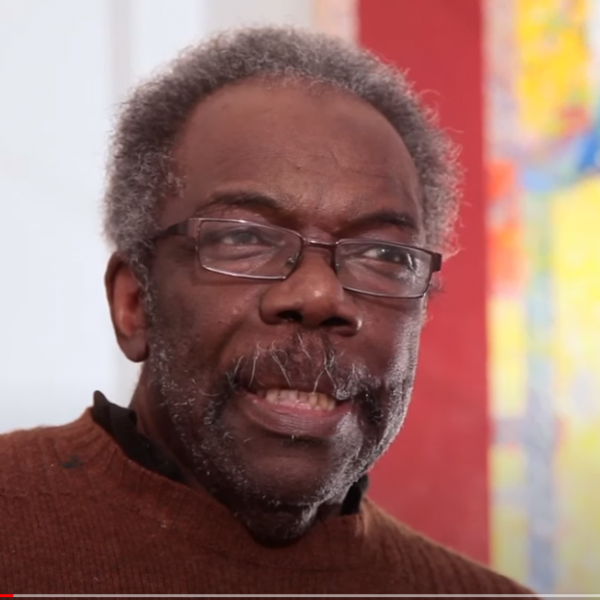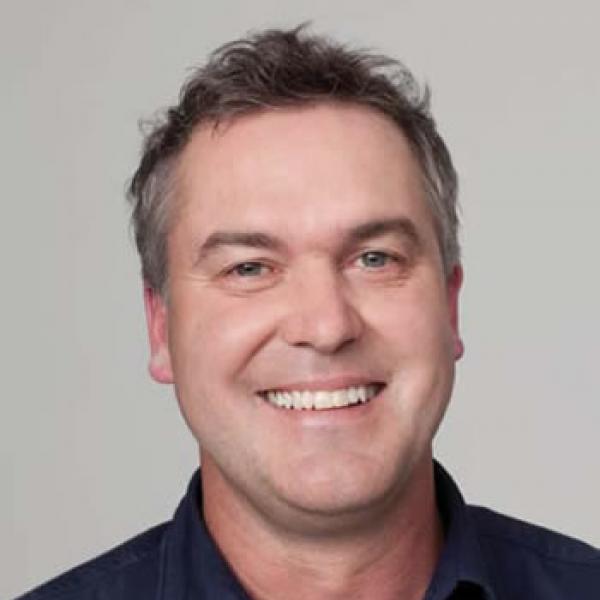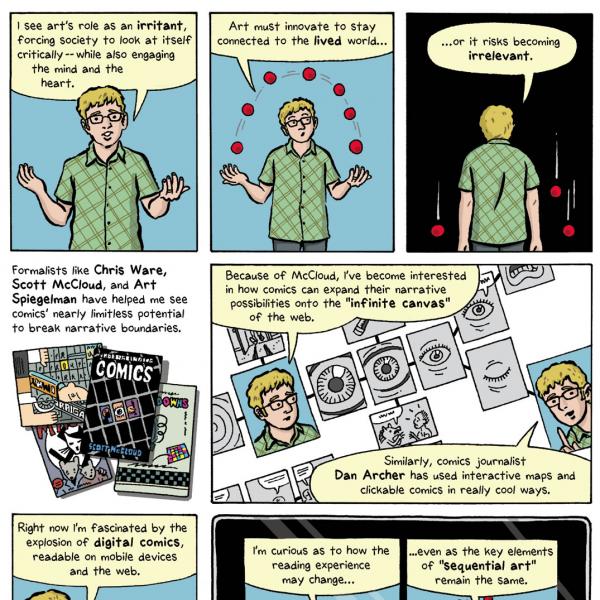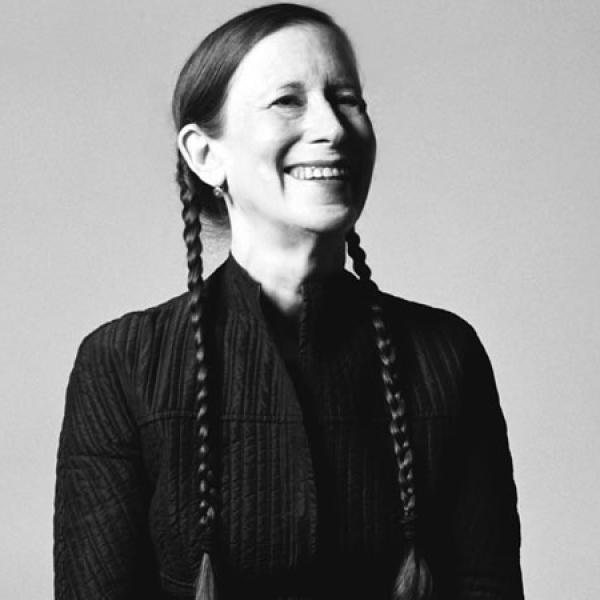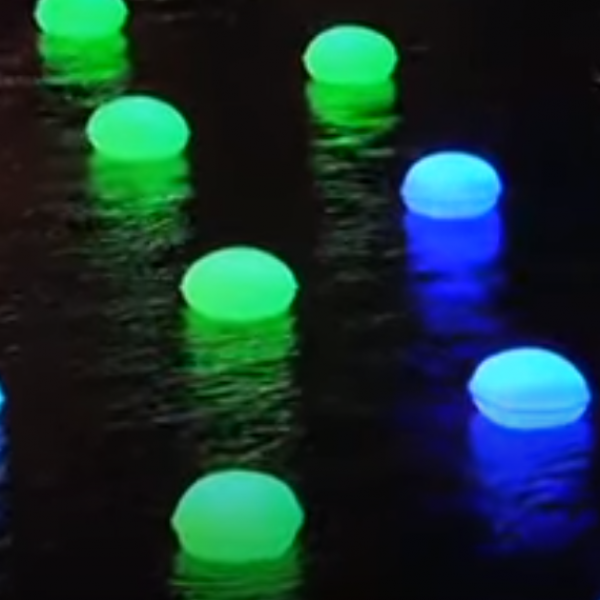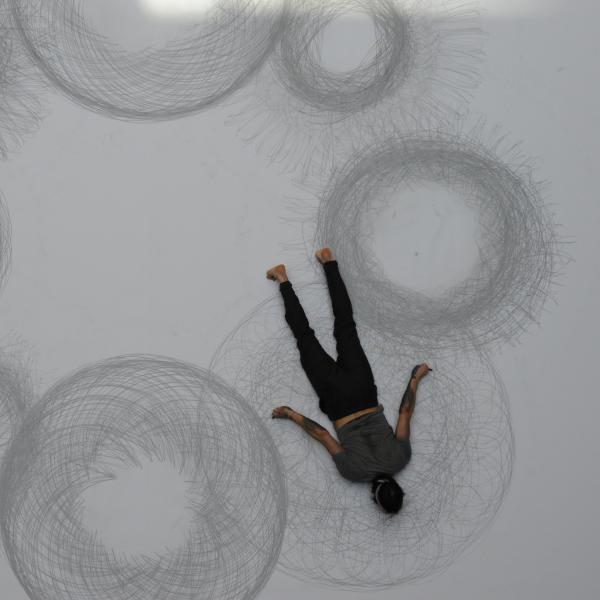Interview with The Low Anthem: Make Your Own Rules
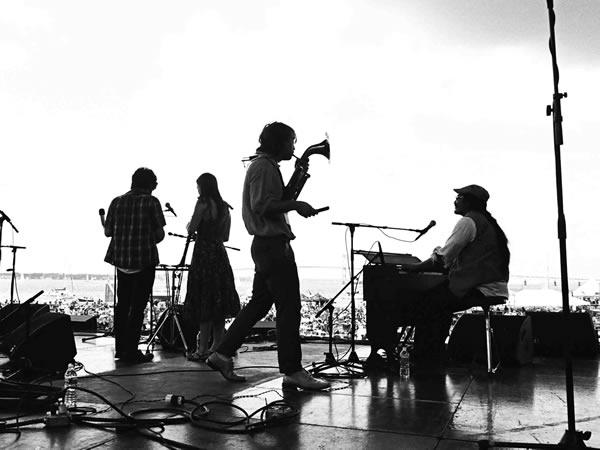
The Low Anthem in performance. Photo by Ryan Mastro.
The Low Anthem is one of the most innovative bands working today. Listen to two of the members, Ben Knox Miller and Jeff Prystowsky, discuss the production of their most recent album, Smart Flesh. You also get to hear excerpts of a few tracks off the album. Interview conducted by Adam Kampe with help from Scott Sell.
Wire (instrumental) up and under
Adam Kampe: In 2006 Ben Knox Miller and Jeff Prystowsky formed The Low Anthem in Providence, Rhode Island. The band quickly became known for their experimentation with song structure and instrumentation, integrating less traditional rock instruments—like clarinet and the pump organ—into gorgeously wrought, smart songs. The band currently also includes Jocie Adams and Mike Irwin. In 2008 they self-released their album Oh My God, Charlie Darwin, which received rave reviews and was later re-released by the Nonesuch label. Their 2011 album, Smart Flesh, was famously recorded in an abandoned pasta sauce factory in the small town of Central Falls, Rhode Island. We talked with Ben and Jeff about the album’s unique production and their innovative approach to making music. Like their latest album, the conversation also took place in a sonically challenging space – a hollow green room at the back of a rock club – Washington DC’s own, 930 Club.
Jeff Prystowksky.
Jeff Prystowksky: It’s hard to use the word innovative. It may be but it’s hard for us from our perspective because we’re not thinking like how can we innovate today? We’re thinking what sounds haven’t we heard? Or what sounds are making us excited? For instance, one example is how we came to use the pump organ.
Matter of Time up and under
Jeff Prystowksky: And multiple trips to instrument shops trying out all of the keyboards they have. And finding one that spoke back, trying to surround ourselves by these things that have some life in them, that had some workmanship put in them.
Adam Kampe: Ben Knox Miller
Ben Knox Miller: We didn’t like all of those organs so all of like the new fancy ones. So we got the pump organ and we didn’t want the sterile sound of the studio. And we didn’t want pro tools reverbs on it cause we had used those on the previous record.
Jeff Prystowksky: So you can work it the opposite way by saying like well, what do we not want and then you make this list and then you’re like, what’s left? Pump organs and organs from the eighteenth century that no one can travel with because they’re too expensive or too big. Okay, pump organ. Great. No. It just sounded good to us and it sounded different. You know, we had gone and seen many shows with people using the same kind of keyboard. And also we’re patient. I think that that’s another key is that you have an idea and you wait for it to be realized….But we’re not like we want to have this old timey sound. We’re like just kind of groping for something that will be alive. And then maybe we find it and maybe it slips through our hands and then we have to run after it a bit more. So that’s sort of the process. And through that process we’ve come to have many unusual instruments.
Matter of Time up and under
Jeff Prystowksky: So we were looking for a recording environment that could add to the sonics of the record in a way that a normal studio, well for us, for people who don’t know, a normal studio would be a very like controlled sonic environment and space that’s been treated. And treated for all kinds of frequencies that would normally run away. So it’s very sterile. And we wanted to find a location that could be like another player on the record, had some character, would challenge us to find new ways to hear the music.
Ghost Woman Blues up and under
Adam Kampe: Ben Knox Miller
Ben Knox Miller: Yeah. Having this giant space we were able to re-amplify a lot of things out into it. And then rerecord them on the other end. It was like the size of a soccer field or something, but with a 16-inch roof. So by the time the sound traveled to the other side of it we just had the mike constantly recording anything we were playing. It just had a certain quality and it was the quality of the room and these things that maybe were originally sewn very intimately and quietly then blasted out and processed through that architecture. Then they came out. It’s like a moody sound, doesn’t have a lot of high end reverberance, big like kind of swelling sound. It has glass windows all around, very reflective.
Wire up and hot
Jeff Prystowksky: This location was unique too because though it was a small town it’s maybe only a mile, a mile big, we were recording in this factory building that was part of a complex of factory buildings. So when we would look out you just see nothingness and then eight huge buildings and our building being the smallest.
Ben Knox Miller: We walked in there it was like 20 times bigger than anything else we had seen. And it was like right there, this weird challenge—we don’t how to record in a place like this. But this is crazy. Let’s try it.
Adam Kampe: Jeff Prystowksky.
Jeff Prystowksky: To me, art via music always just made me feel free like there are no rules. Maybe artists before me have written down certain rules, but the whole framework of it is do what you want. Try something new and make your own rules and that freedom I was always attracted to.
Ghost Woman Blues up and under
Adam Kampe: Excerpts of “Ghost Woman Blues”, the song currently playing in the background, “Matter of Time,” and “Wire” all from the cd Smart Flesh, used courtesy of Nonesuch Records.
Many thanks to the band and their management at Foundations Music, Kate Landau and Matthew Ruddy.
For the National Endowment for the Arts, I’m Adam Kampe. Thanks for listening.


